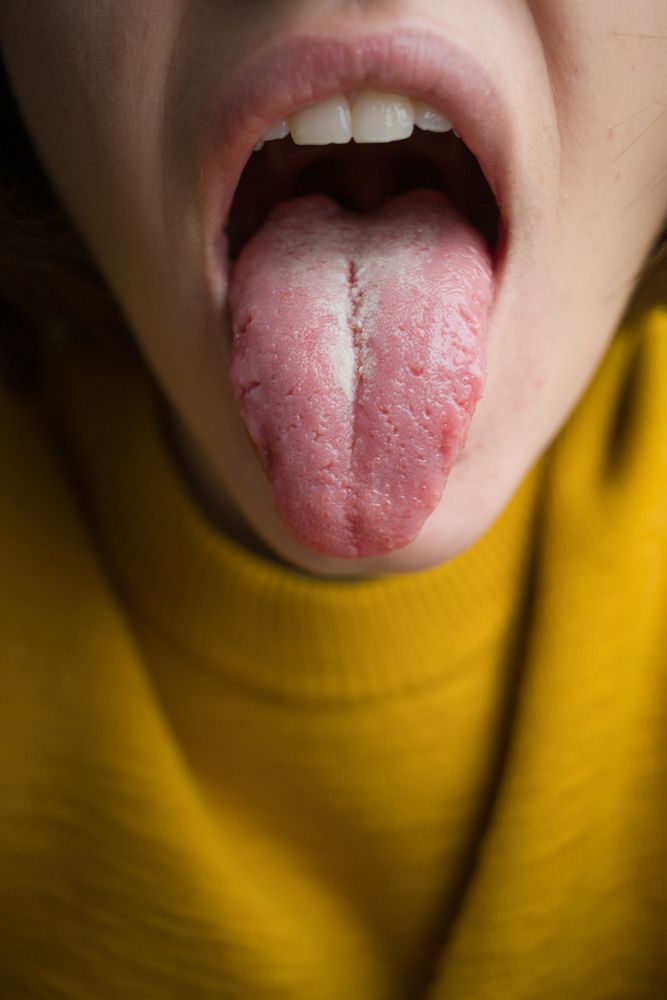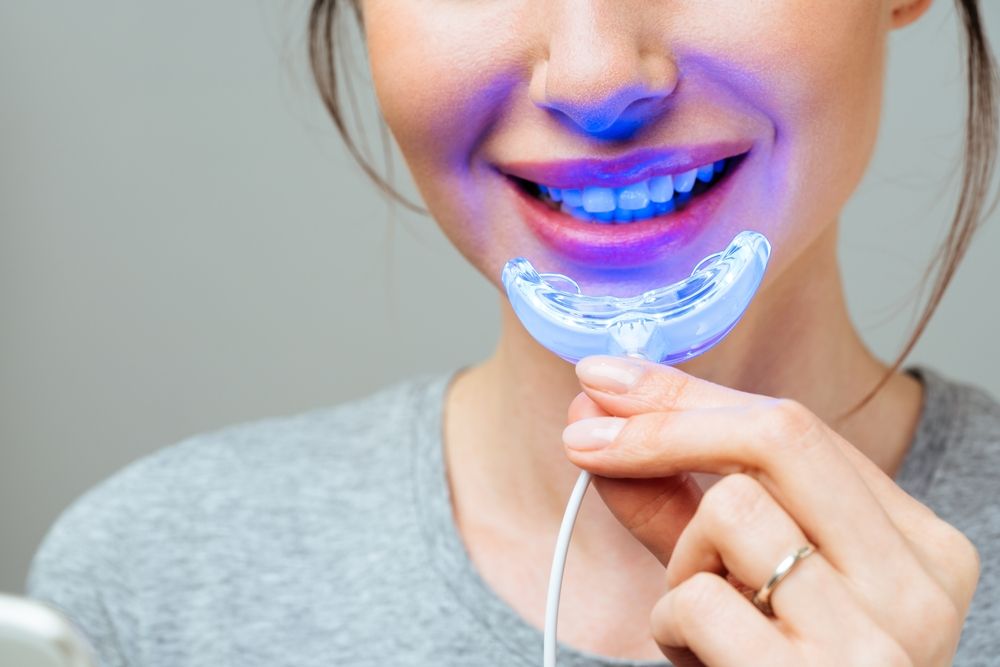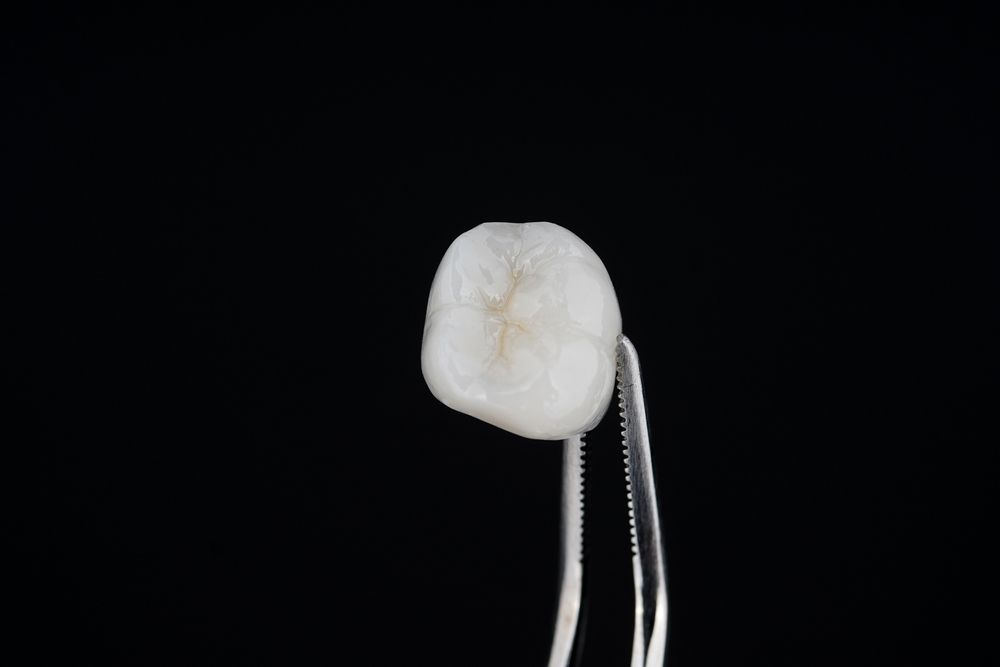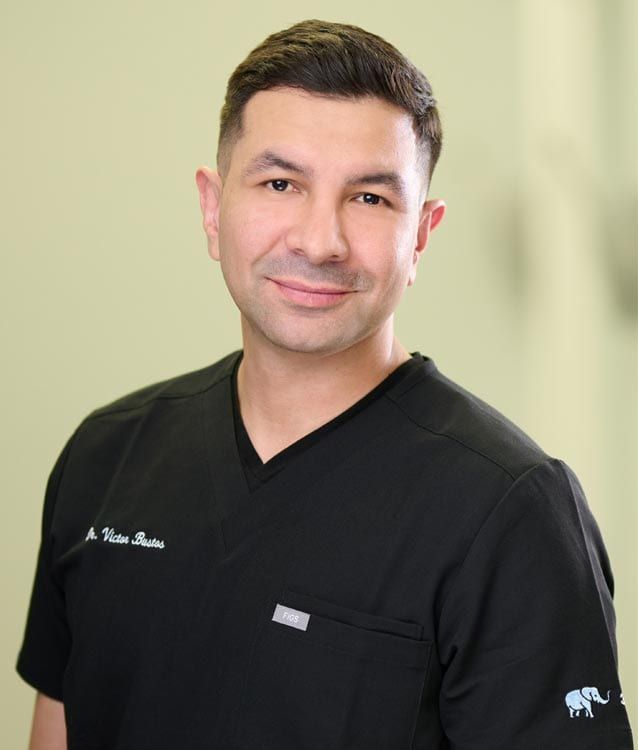Decay is the yardstick by which life and death are measured. Dentists facing tooth decay and the cavities that result from it are tasked with stopping the advance of decay and restoring as much of your tooth as they can. There is a broad range of well-known causes of tooth decay, including poor oral hygiene and foods high in sugar and acid. Along with these are lesser-known culprits that can be lurking in anyone’s home, entirely unseen. Among them are black mold, the same virulent fungus that has caused countless Americans respiratory problems.
The Role Black Mold Occupies In The Advance Of Tooth Decay
Out of the over 300,000 fungal species in the world, fungi rank among the primary culprits in complaints involving nasal and respiratory problems among Americans. Formed in the presence of moisture retained in insulation, wood, and other places in the home, black mold has proven to be the source of many health problems. The complications it has caused are so severe that FEMA has put out abundant information for families living in affected environments outlining how to respond to a black mold infestation in their homes. The health concerns caused by black mold are the results of mycotoxins, spores that settle in the nasal passageways and respiratory systems.
These spores also, inevitably, find their way into the oral cavity, resulting in irritation. This irritation can lead to aches and pains, coughing, and dry mouth, the real culprit behind black mold-related tooth decay. Saliva is a primary part of our defense against the advancement of tooth decay. As a result, the lack of saliva creates an environment where tooth decay can easily take hold.
What Can You Do To Prevent Black Mold
The best way to prevent the damage to your teeth black mold can cause is by taking the guidelines issues by FEMA into account when cleansing your home. You should also take the time to learn the potential signs of black mold infestations so that you can take immediate action before it gets in deep. The following are things you can do to address health symptoms of black mold:
- Seek Medical Attention: When breathing difficulties, heavy coughing, or severe headaches are present, a trip to your emergency department is essential.
- Visit Your ENT: These specialists focus on the ear, nose, and throat and are experts in diagnosing and addressing symptoms of conditions that affect this area. They’ll be able to provide treatment options to eliminate fungal-related health concerns.
- Visit Your Dentist: Your dentist is the best choice for helping with black mold-related conditions affecting your teeth. Their specialized care can help identify any development of advanced tooth decay and provide immediate options to stem the tide.
With the serious risk to your home and family black mold represents, it’s essential that you take immediate action to help stop any related concerns.






